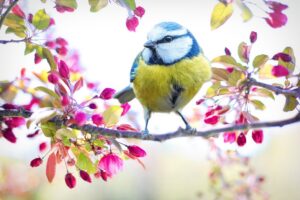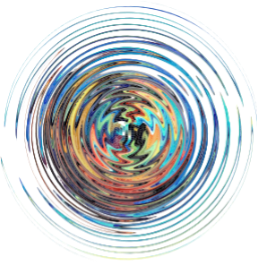Nature as Part of Our Kindness Journey
Those who contemplate the beauty of the earth
find reserves of strength that will endure
as long as life lasts.
Rachel Carson

Pat is co-founder of Living with Kindness. Proud mother of two and grandmother of three, she is a writer with a background in social services, social justice and mediation.

Thank you for this post particularly for the references to Rachel Carson, a pioneer in environmental activism. Had more serious thought and action be given to her and to others regarding the dangers of multiple chemicals used for various purposes all around us, we would not be in the current crisis. “Progress” has unintended consequences as we have all discovered. Can we return to nature? To more simple times? To growing some of our own fruits and vegetables? I do but I am considered a confusing dinosaur by most of my friends.
Thank you, Barb. I appreciate your growing some of your food. I grew up with a family garden and chickens, which provided us with much of our food – eggs every day and veggies all year, thanks to canning and later, freezing.
I know the joy of eating home-grown food.
A dinosaur? – Let’s encourage others to find their own inner dinosaur.